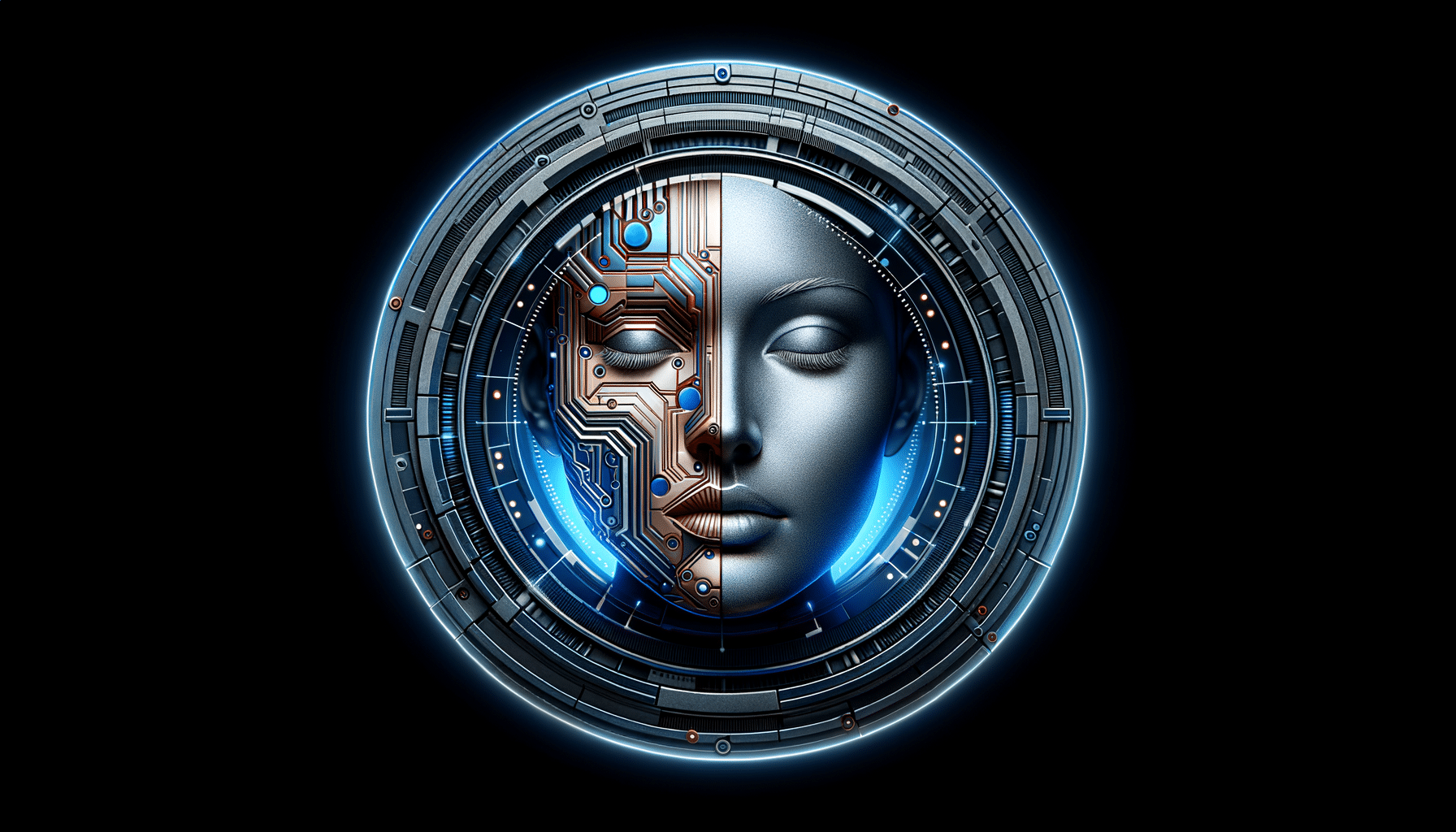
Blockchain Applications Beyond Cryptocurrency
Blockchain technology has its roots in cryptocurrencies such as Bitcoin and Ethereum. But over the past 10 years, its potential has really exploded. Blockchain is one of the latest innovations in many areas today, including finance, health care, supply chains , and voting systems. It introduces enhanced transparency, security, and decentralisation in these sectors.
This article will discuss blockchain use cases other than crypto. You’ll learn how it’s influencing different industries, its advantages and obstacles, and what the future may bring.
What Is Blockchain Technology?
Before we discuss applications, let’s define blockchain. A blockchain is a distributed ledger that shares data across a network of computers and safely stores information using cryptography.
Key Features of Blockchain:
- Decentralisation: No single authority controls the data.
- Immutability: Once recorded, data cannot be altered.
- Transparency: All transactions are visible and verifiable by users.
- Security: Cryptography protects data from tampering.
Blockchain offers a solid solution for industries that need trust, traceability, and accountability.
Supply Chain Transparency and Traceability
Supply chain management is one of the first successful uses of blockchain beyond crypto. Supply chains often face inefficiencies, fraud, and lack of visibility.
How Blockchain Enhances Supply Chains:
- Real-time tracking: Record every step of a product’s journey.
- Proof of authenticity: Confirm that products are genuine (e.g., diamonds, fashion items, pharmaceuticals).
- Reduces fraud and theft: Each transaction is verifiable and secure.
Example: IBM’s Food Trust blockchain allows companies like Walmart and Nestlé to quickly trace food from farm to shelf, helping detect contamination or mislabeling.
Blockchain gives suppliers, manufacturers, and retailers a single source of truth, improving logistics, sustainability tracking, and product recalls.

Digital Identity Management
Secure identity management is vital in our digital world. Blockchain can decentralise identity systems, allowing individuals to control their data.
Benefits of Blockchain in Identity:
- User-centric: Individuals own and manage their data.
- Reduced identity theft: Data is encrypted and verified.
- Access control: Users can grant or revoke access to their data.
Real–World Use Case: Microsoft’s ION is a decentralised identity solution. It runs on the Bitcoin blockchain. It lets users verify credentials without relying on centralised authorities.
Blockchain can help 1 billion people worldwide who lack formal ID. This technology gives them access to banking, healthcare, and education.
Healthcare and Medical Records
Healthcare systems often struggle with fragmented patient data. This can lead to inefficiencies and security issues.
Blockchain Applications in Healthcare:
- Unified patient records: Securely stores medical histories accessible to authorised providers.
- Clinical trials: Prevents tampering with trial results.
- Supply chain tracking ensures the authenticity and quality of medicines. Estonia uses blockchain in its e-health system. This lets patients and doctors access medical records and protects their privacy.
Startups like BurstIQ use blockchain for secure data sharing in healthcare. They also follow HIPAA and GDPR rules.
Decentralised Finance (DeFi)
Decentralised Finance (DeFi) expands blockchain’s use into areas traditionally controlled by banks.
What Does DeFi Enable?
- Peer-to-peer lending and borrowing.
- Decentralised exchanges (DEXs).
- Yield farming and staking.
- Insurance products without intermediaries.
Platforms like Compound, Aave, and Uniswap let users directly lend, borrow, or trade assets. Smart contracts handle transactions, ensuring transparency and lowering costs.
However, DeFi carries risks, such as smart contract bugs, scams, and high volatility. Users should research Defi carefully before investing.
Smart Contracts for Legal and Business Processes
Smart contracts are self-executing contracts with coded terms. They run on blockchains like Ethereum and automate actions when conditions are met.
Benefits of Smart Contracts:
- Automation: Reduces the need for manual work.
- Lower costs: Cuts legal and administrative fees.
- Increased trust: Clear rules and guaranteed execution. Use Cases
Include: - Escrow payments in property transactions.
- Managing intellectual property rights.
- Supply agreements with automated payments upon delivery.
Law firms and businesses are exploring smart contracts to modernise contract enforcement and dispute resolution.
Voting and Governance
Election integrity is vital in democracies. Blockchain can make voting systems more secure and transparent.
Key Blockchain Voting Advantages:
- Tamper-proof: Once a vote is cast, it cannot be changed.
- Verifiable: Voters can check their votes while staying anonymous.
- Accessible: Remote or overseas voting becomes more reliable. Example: In 2019, Utah County in the US used the blockchain-based mobile app Voatz to securely let overseas voters cast their ballots.
However, blockchain voting systems face technical, ethical, and regulatory challenges that need addressing before widespread use.
Intellectual Property and Digital Content
Creators like artists, writers, and musicians struggle with piracy and unfair royalties. Blockchain lets them register and track their work transparently.
Blockchain for Creators:
- Digital rights management.
- Royalty tracking and payments.
- Proof of ownership.
Example: Platforms like Audius and MediaChain help musicians distribute content and receive payments directly, bypassing traditional gatekeepers.
Non-fungible tokens (NFTs) also provide ownership of unique digital art and collectables. However, concerns about environmental impact and speculative bubbles complicate the NFT landscape.

Real Estate and Land Registries
Buying and selling property often involves lengthy processes and paperwork. Blockchain simplifies these processes by creating a transparent and unchangeable record of ownership.
Key Advantages:
- Title deed verification.
- Automated contract execution.
- Fraud prevention. Example: Sweden’s land registry is testing blockchain for real estate transactions. Pilot programs in India and Ghana aim to prevent land disputes by recording ownership on the blockchain.
Blockchain cuts out intermediaries. It speeds up transactions and builds trust between buyers and sellers.
Energy and Sustainability Initiatives
Blockchain also helps create a more sustainable future. It tracks renewable energy and carbon credits, promoting transparency in environmental efforts.
Environmental Applications:
- Peer-to-peer energy trading.
- Carbon credit marketplaces.
- Supply chain emissions tracking. For example, the Power Ledger platform in Australia lets individuals sell excess solar energy to neighbours using blockchain. Similarly, IBM and Energy Blockchain Lab track carbon assets in China.
By creating transparent records of environmental activities, blockchain helps individuals and businesses make eco-friendly choices.
Challenges and Considerations
Despite its promise, blockchain adoption faces several hurdles:
- Scalability: Public blockchains can be slow and energy-intensive.
- Regulation: Global regulations can limit innovation.
- Complexity: Technical expertise is often needed for implementation.
- Interoperability: Different blockchains may not connect smoothly.
Emerging solutions include Layer 2 scaling technologies, cross-chain tools, and better user interfaces. Yet, widespread adoption will require collaboration among governments, developers, and industry leaders.
Blockchain’s Expanding Role in the Digital Age
It is also important to note that Blockchain technology has transcended Bitcoin and digital currency. Its true power is in reimagining trust in systems that have been long centralised and opaque.
Blockchain proves its multi-faceted application. It increases supply chain transparency and patients’ control over their healthcare and secures digital identities.
Blockchain will help solve our most significant challenges in new ways as we move toward a digital future. If you’re a business owner, a developer or a tech fan, now is your chance to see precisely how blockchain can change your industry.
Ready to future-proof your knowledge? Keep an eye on developments in blockchain beyond crypto—and stay ahead of the curve.


